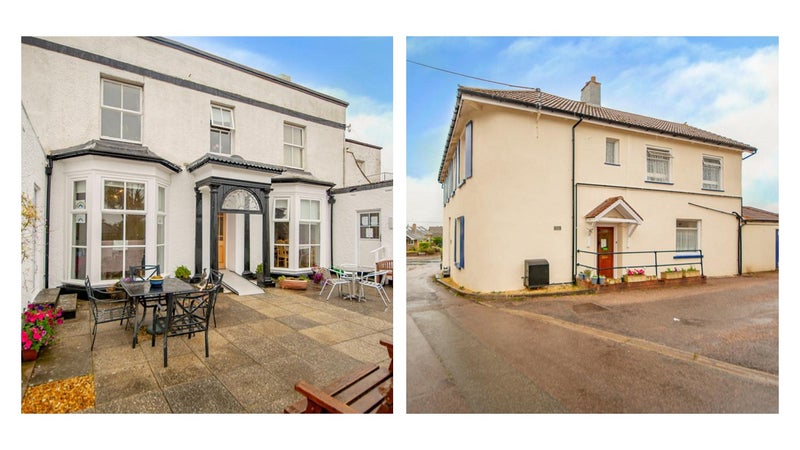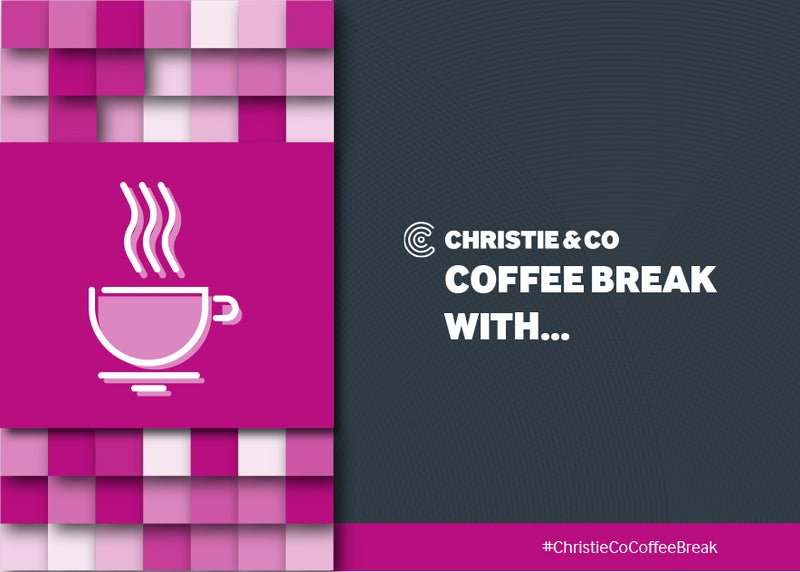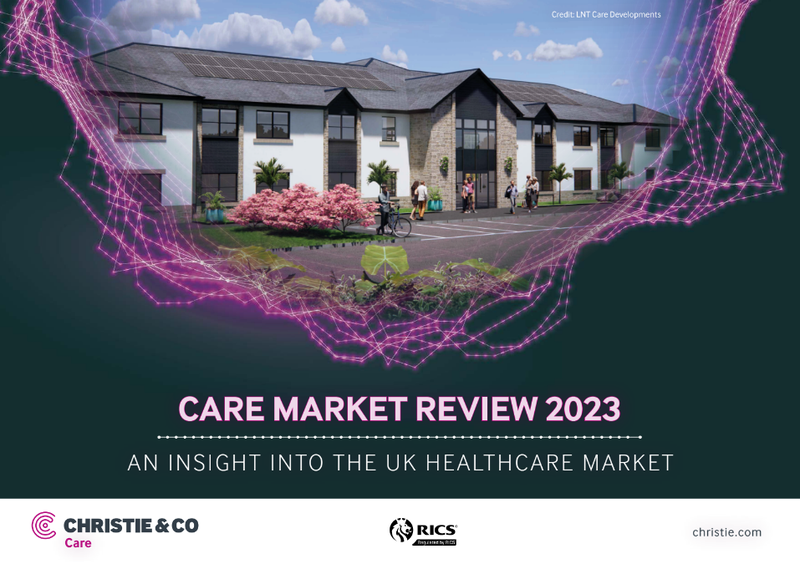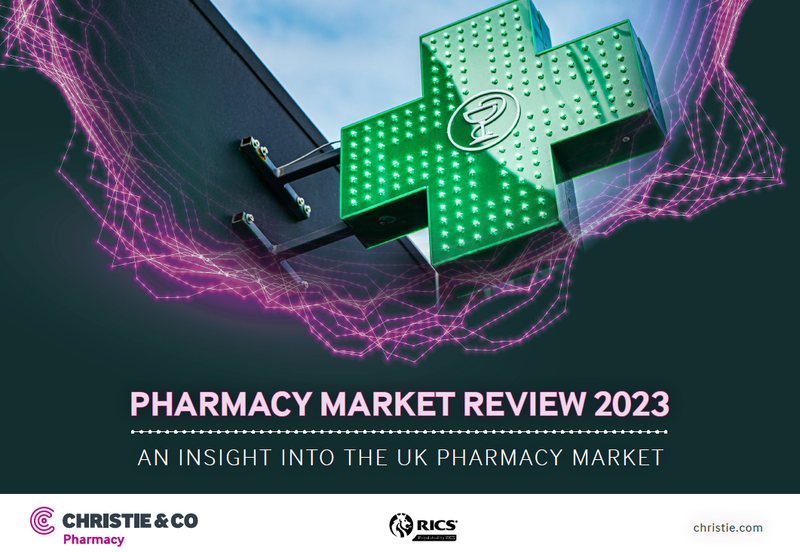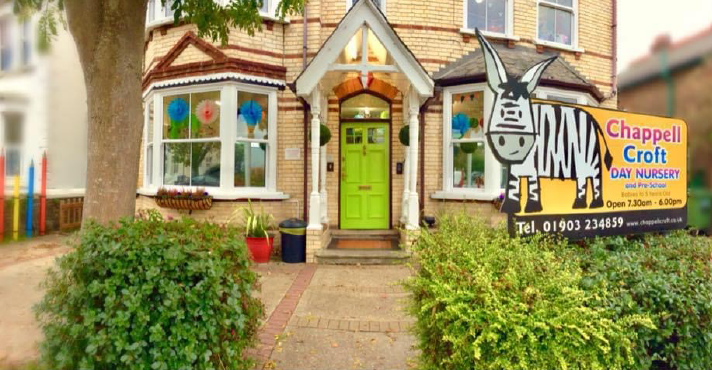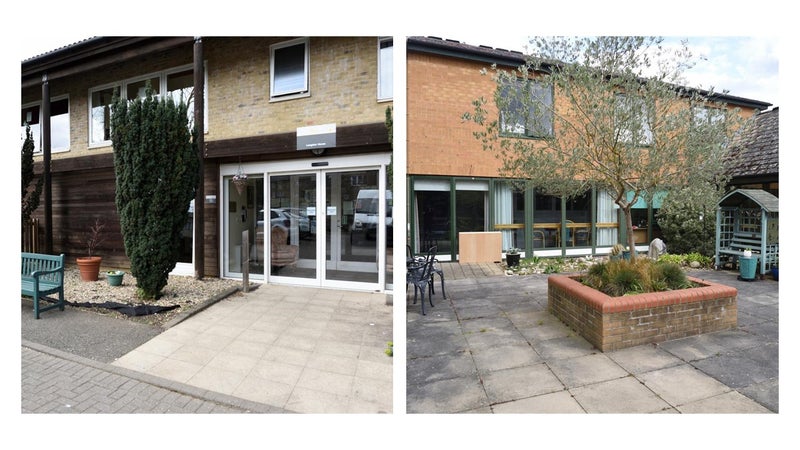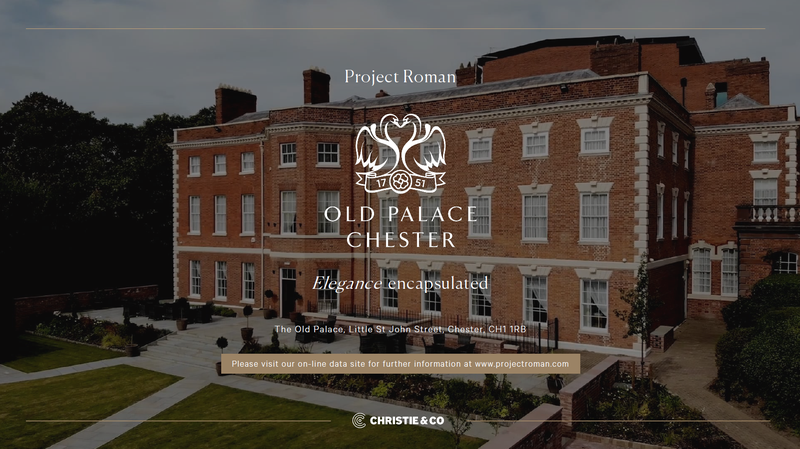Christie & Co publishes Business Outlook 2020 Report
Continued operational cost pressures on business and ongoing negotiations surrounding Brexit have all challenged the UK business landscape in 2019, according to the latest annual report by specialist business property advisor, Christie & Co.
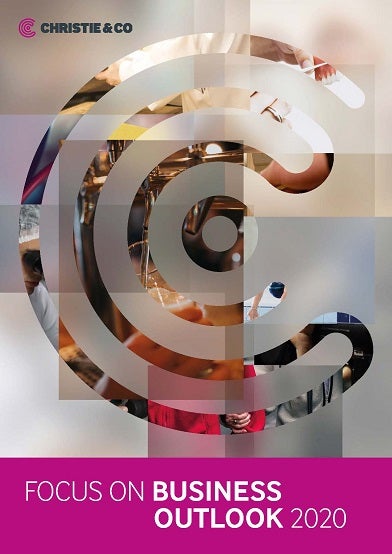
The report, ‘Business Outlook 2020: Focus on Business,’ reflects on the themes, activity and challenges of the previous year and forecasts what 2020 might bring across the sectors in which Christie & Co operates, including leisure, hospitality, childcare, healthcare, retail and medical.
It found an increase in corporate insolvency during 2019 was reflected in the level of our activity and the need for strategic disposal advice, asset sales to recover monies for creditors, valuations to support business restructuring and real estate portfolio reviews for CVA proposal purposes.
The common denominator accounting for distress across the sectors Christie & Co operate in has been continued operational cost pressures such as wages, utilities, business rates, rent and the cost of goods. These factors impacted on some operators’ profitability in 2019, limiting the availability of capital for business investment and growth.
In addition, there were specific sector challenges that had an effect. In the hotel sector, trading performance in the regions was mixed due to the impact of new supply, resulting in stagnating revenue and a decline in occupancy and RevPar. The education and care sectors experienced fee pressure as Local Authorities faced financial challenges.
A saturated casual dining market and a continued decline in restaurant visitors from the peak in 2017 contributed to distress and a number of high-profile business failures in 2019. The pharmacy sector continued to endure the impact of the Category M clawback and saw challenges from drug supply shortages and resultant pricing issues. Regulated sectors such as care have been prone to additional risk from poor management and governance.
Political uncertainty influenced by Brexit further impacted consumer and business confidence during 2019, with estimates pointing to the slowest rate of economic growth since the 2008 financial crisis. Post election, economists lifted their forecasts for growth with the prospect of a swift Brexit and the hope that Government spending will help release investment and boost business and consumer confidence. However fresh uncertainty may arise due to ensuing trade negotiations if a Brexit occurs on January 31.
Despite these headwinds, transactional activity and deal pipelines remained resilient. Average prices remained economically positive throughout 2019 across the majority of sectors in which Christie & Co specialises. These are as follows:
Dental: + 5.4%
Pharmacy: -3.6 %
Care: + 5.5%
Childcare: + 4.6%
Retail: + 0.5%
Pubs: + 4.0%
Restaurants: - 2.7%
Hotels: + 0.5%
Looking to the year ahead, the report anticipates:
- An increase in distress positions due to under investment in assets and personnel, as cost pressures impact bottom line and the availability of capital for operators to reinvest in their businesses.
- A post Brexit boost to consumer and business confidence, encouraging investment and growth, its degree and longevity, sensitive to any uncertainty in transition negotiations.
- The underlying trend of sluggish domestic GDP will continue despite positive post Brexit activity with any further escalation of global trade disputes having the potential to exacerbate slow growth
Stephen Jacobs, Director – Bank Support & Business Recovery at Christie & Co comments, “Whilst we expect operators to be at risk from enduring cost pressures, business and consumer confidence will be lifted by greater clarity on Brexit in 2020, creating a stable environment for investment, growth and transactional activity.”


